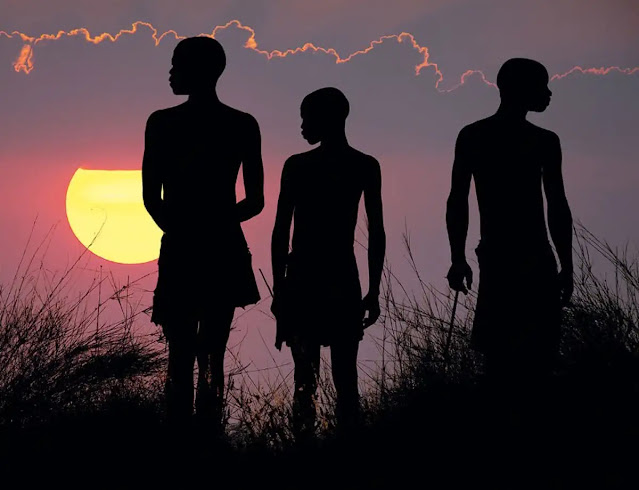It is not diversity that divides us; it is not our ethnicity or religion or culture that divides us.
~ Nelson Mandela
Fear unites the disparate parts of our false selves very quickly.
The ego moves forward by contraction, self-protection, and refusal, by saying no.
Contraction gives us focus, purpose, direction, superiority, and a strange kind of security.
It takes our aimless anxiety, covers it up, and tries to turn it into purposefulness
and urgency, which results in a kind of drivenness.
But this drive is not peaceful or happy.
It is filled with fear and locates all its problems as
“out there,” never “in here.”
The soul or the True Self does not proceed by contraction but by expansion.
The soul or the True Self does not proceed by contraction but by expansion.
It moves forward, not by exclusion, but by inclusion. It sees things deeply
and broadly not by saying no but by saying yes, at least on some level,
to whatever comes its way. Can you distinguish between those two
very different movements within yourself?
Fear and contraction allow us to eliminate other people, write them off,
Fear and contraction allow us to eliminate other people, write them off,
exclude them, and somehow expel them, at least in our minds.
This immediately gives us a sense of being in control
and having a secure set of boundaries...
But in controlling we are usually afraid of losing something.
If we go deeper into ourselves, we will see that there is both a rebel
and a dictator in all of us, two different ends of the same spectrum.
It is almost always fear that justifies our knee-jerk rebellion
or our need to dominate—a fear that is hardly ever recognized as such
because we are acting out and trying to control the situation.
~ Richard Rohr
from Dancing Standing Still



































